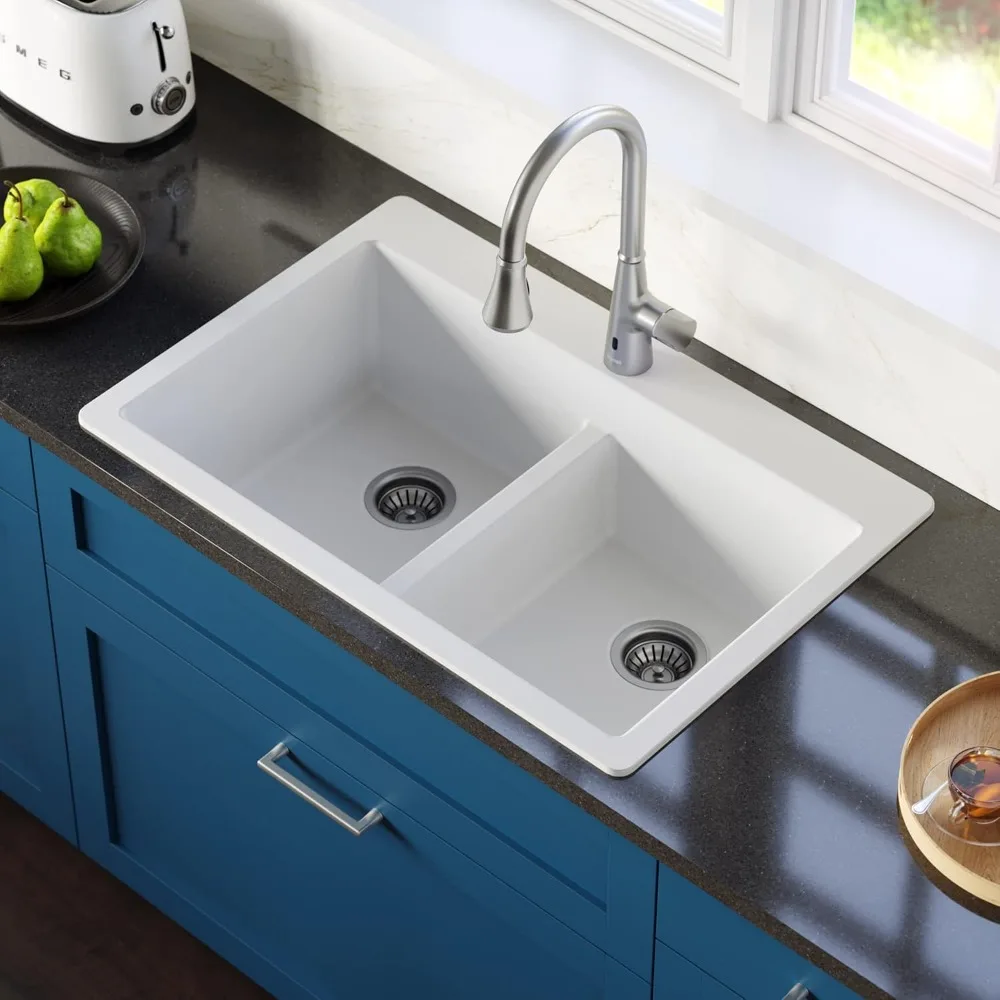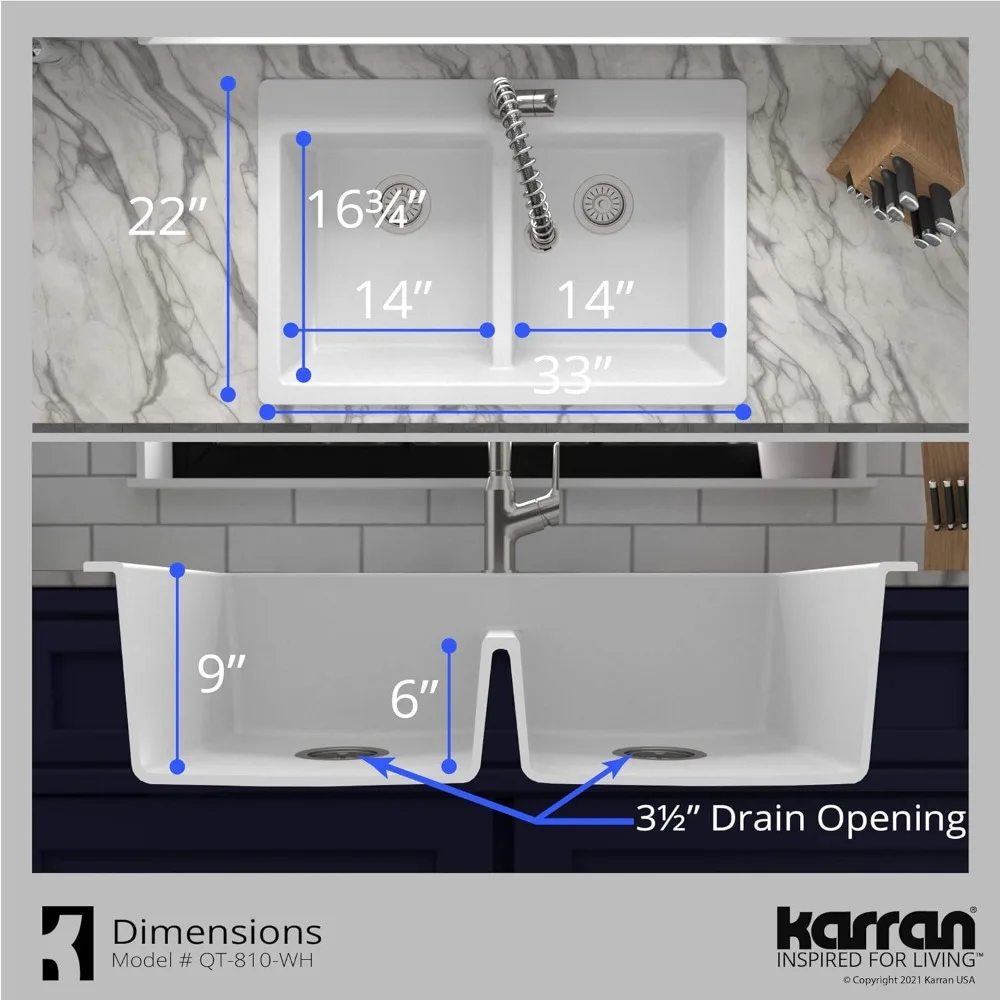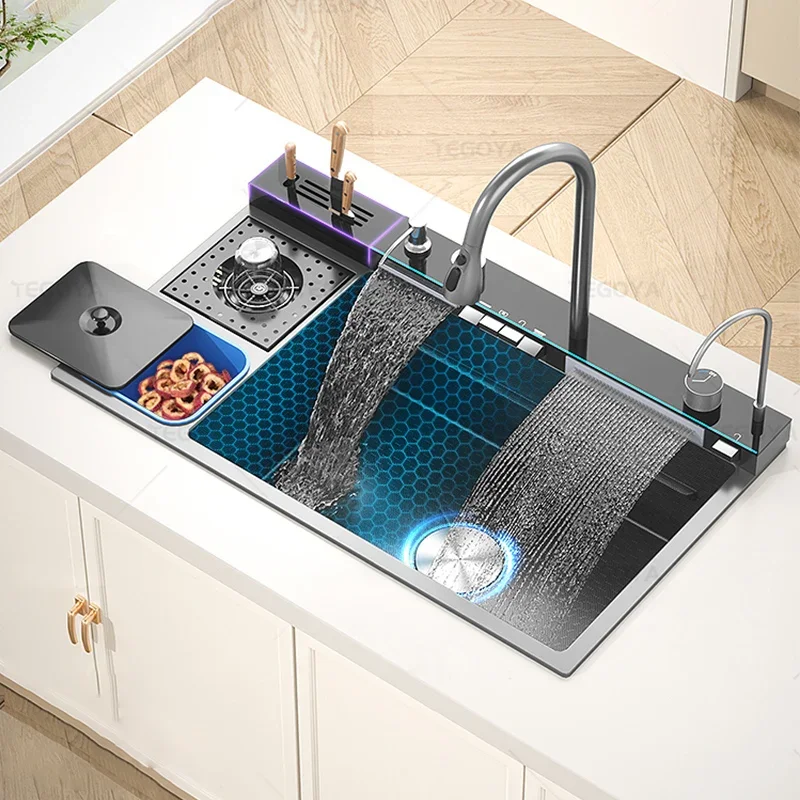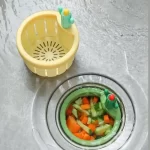Introduction
One of the most common questions people have when it comes to their tap water is whether or not it is safe to drink. With growing concerns about water quality and contaminants, it’s important to understand the factors that can affect the safety of the water that comes out of your sink. In this article, we will explore the potential risks and benefits of drinking tap water in your home.
Water Quality Regulations
In the United States, the Environmental Protection Agency (EPA) sets regulations and standards for drinking water quality. These regulations are designed to ensure that public water systems provide safe and clean water for consumption. However, not all water sources are subject to these regulations, and the quality of tap water can vary depending on the location and type of water treatment.
Potential Contaminants
Tap water can contain a variety of contaminants, including bacteria, viruses, chemicals, and heavy metals. These contaminants can enter the water supply through various means, such as agricultural run-off, industrial pollution, and aging infrastructure. While most public water systems are treated to remove these contaminants, there is still a risk of exposure to harmful substances through tap water.

Testing and Monitoring
Public water systems are required to conduct regular testing and monitoring to ensure that the water meets safety standards. However, it is important to note that testing and monitoring can vary by location, and there may be instances where contaminants are not detected or addressed in a timely manner. Additionally, private wells and other non-public water sources are not subject to the same testing and monitoring requirements, which can pose a greater risk to individuals who rely on these sources for their drinking water.
Health Effects
Exposure to contaminated water can have a range of health effects, depending on the type and concentration of the contaminants. Some common health issues associated with drinking contaminated water include gastrointestinal illnesses, reproductive problems, and neurological disorders. Vulnerable populations, such as children, the elderly, and individuals with compromised immune systems, are at a higher risk of experiencing adverse health effects from exposure to contaminants in tap water.
Benefits of Tap Water
Despite the potential risks, tap water also offers several benefits. In many cases, tap water is treated to remove contaminants and improve its taste and odor. Additionally, tap water is often more affordable and convenient than bottled water, and it contributes to the overall sustainability of the water supply by reducing plastic waste.
Improving Water Quality
There are several steps that homeowners can take to improve the quality of their tap water. Installing a water filtration system can help remove contaminants and improve the taste of the water. Regular maintenance of plumbing and water fixtures can also help prevent contaminants from entering the water supply. Additionally, staying informed about local water quality reports and participating in community water protection efforts can help ensure that tap water remains safe for consumption.
Home Water Testing
One way to ensure the safety of your tap water is to conduct your own testing. There are various home water testing kits available that can help identify potential contaminants in your water supply. Testing for common pollutants such as lead, chlorine, and bacteria can provide valuable information about the quality of your tap water and help determine whether additional treatment is necessary.
Water Filtration Systems
Installing a water filtration system in your home can be an effective way to remove contaminants from your tap water. There are several types of filtration systems available, including carbon filters, reverse osmosis systems, and UV disinfection units. These systems can help improve the taste and odor of your water while removing harmful substances, providing you with a reliable source of safe and clean drinking water.
Regular Maintenance of Plumbing
Regular maintenance of your plumbing and water fixtures is essential for preventing contaminants from entering your water supply. Ensuring that your pipes, faucets, and water storage tanks are well-maintained can help prevent leaks, corrosion, and bacterial growth. By addressing potential sources of contamination, you can minimize the risk of harmful substances entering your taps water.

Awareness and Advocacy
Staying informed about local water quality issues and participating in community water protection efforts can help ensure the safety of your taps water. By monitoring water quality reports, engaging in public discussions, and advocating for improved water treatment and infrastructure, you can contribute to the protection of your water supply. Community involvement and awareness are essential for holding public water systems accountable and advocating for safe and clean drinking water.
Government and Regulatory Actions
Advocating for stronger government regulations and oversight of water quality can help protect the public from harmful contaminants in their tap water. Supporting policies and initiatives that promote funding for water infrastructure, enhanced monitoring, and stricter enforcement of water quality standards can lead to improvements in public water systems. Citizens’ engagement and advocacy can push for better protection of public health through enhanced water regulations.
Benefits of Tap Water over Bottled Water
Despite the potential risks associated with taps water, it is important to highlight the benefits it offers compared to bottled water. Tap water is generally more affordable and requires less energy for production and transportation than bottled water. It also contributes to reducing plastic waste, as it eliminates the need for single-use plastic bottles. By choosing tap water, individuals can make a more sustainable and eco-friendly choice, reducing their environmental impact.
Educational Initiatives for Safe Water Practices
Educational initiatives aimed at promoting safe water practices can play a crucial role in ensuring the safety of tap water. Providing educational resources and awareness campaigns on water quality, water treatment, and prevention of contamination can empower individuals to make informed decisions about their water consumption. Educational programs can also promote responsible water usage and storage practices, reducing the risk of contamination at the household level.
Collaboration with Water Treatment Facilities
Collaborative efforts between homeowners and water treatment facilities are essential for maintaining safe tap water. Establishing open communication and transparency with local water authorities can help homeowners stay informed about the quality and treatment processes of their taps water. Actively engaging with water treatment facilities can also provide valuable insights into potential risks and proactive measures for ensuring safe drinking water.
Health Benefits of Proper Hydration
Drinking an adequate amount of water is essential for maintaining good health, and tap water can play a significant role in meeting daily hydration needs. Staying properly hydrated supports overall well-being, aids in digestion. And helps regulate body temperature. By ensuring the safety of tap water, individuals can confidently rely on it as a primary source of hydration, benefiting from its accessibility and contribution to their health.
Technological Advancements in Water Treatment
Technological advancements in water treatment continue to improve the safety and quality of tap water. Innovative solutions such as advanced filtration methods, water purification technologies. And smart monitoring systems are enhancing the efficiency of water treatment processes. By embracing and supporting technological advancements in water treatment. Communities can further safeguard the quality of their tap water and reduce potential health risks.

Conclusion
Ultimately, the safety of drinking sink water in your home depends on a variety of factors, including the source of the water, the quality of treatment, and potential contaminants. While tap water is subject to regulations and standards designed to protect public health. There are still risks associated with drinking water from the tap. By staying informed about water quality issues and taking proactive steps to ensure the safety of their water supply. Homeowners can reduce the potential risks and enjoy the benefits of safe and clean taps water.


